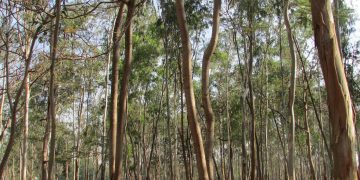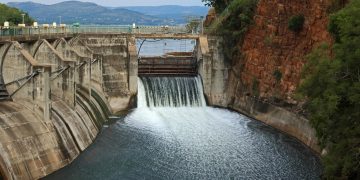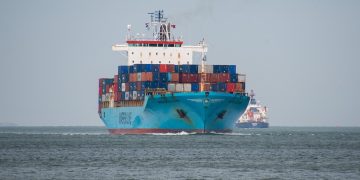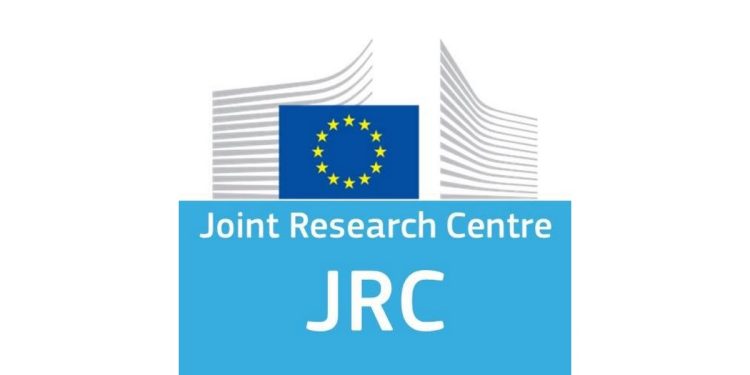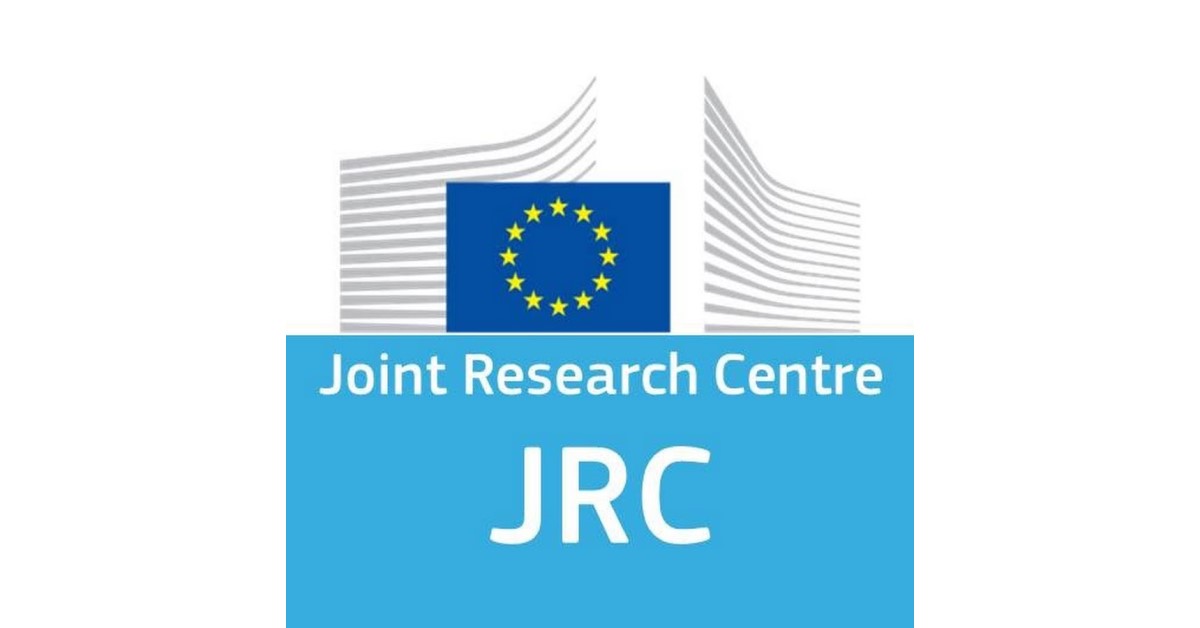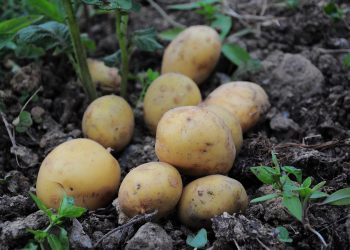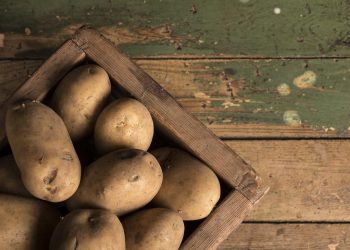Flood adaptation strategies are needed to face the increased intensity and probability of floods in most parts of Europe due to global warming. A new paper [LINK] co-developed by scientists from the Joint Research Centre of the European Commission and published in Nature Climate Change compares the costs and benefits of flood risk reduction measures in Europe. Flood adaptation can be highly cost-effective and is crucial to offset rising river flood risk in Europe with climate change, the study shows.
The authors demonstrate that creating water detention areas, building river dykes, floodproofing buildings, and relocating people and assets are key flood adaptation measures. Together, these measures can considerably lower projected flood losses in Europe until 2100 in all the 3 scenarios of global warming – 1,5°C, 2°C and 3°C – assessed. Reducing flood peaks using detention areas is economically the most attractive option: each euro invested would save four euro in avoided damages (in a 3°C warming scenario), according to the study.
The study also shows that if countries successfully implement these adaptation strategies, Europe can maintain flood impacts to present-day levels even with levels of global warming up to 3°C. A combination of different measures working in synergy and optimised at the level of river basins are likely the best way to maximise local benefits and minimise the drawbacks of each action.
Smoothly adapting or reacting to increased damage
The study estimates that in the European Union and UK river flooding currently causes annual damage of about €7.6 billion and exposes around 160 000 people/year to inundation. In a 3°C global warming scenario and without climate change adaptation, flood damage in Europe would rise to €44 billion per year, exposing nearly half a million Europeans every year until the end of the century. Based on these numbers, the scientists make a clear call that Europe needs to adapt to offset the projected rise in flood risk.
Under a 3°C temperature increase scenario, the cost-benefit analysis shows that detention areas to reduce flood peaks would be the most interesting economic choice. It is expected to help lower the projected flood losses in Europe from €44 billion per year to €8.1 billion per year at the end of the century and significantly reduce the number of people exposed to floods by 84%. The optimal implementation of this measure would need less than 2% of the overall cropland area in Europe and require a €2.6 billion per year investment until 2100, with a benefit-to-cost ratio of 4.2.
Strengthening existing dyke systems is also cost-effective in most countries of Europe, but with considerable variation between countries in risk reduction potential and cost-benefit ratios. In a 3°C scenario, an investment of €3.1 billion/year would help decrease the annual flood damages by 70% in 2100. Dykes are effective to protect against frequent low-magnitude events, yet extensive reliance on dyke systems can have socioeconomic and environmental drawbacks.
Despite being less economically attractive, adaptation through building floodproofing and relocation can help reduce impacts in areas frequently hit by floods, or with a high concentration of people or valuable goods. Both are relevant strategies to minimise impacts when hazard-protection efforts fail or are insufficient to prevent flooding.
Future flood impacts may be further reduced by mitigating global warming and with adequate planning of new settlements that avoids further developments in flood-prone areas.
Background
The study is part of the Joint Research Centre’s PESETA IV project, which aims to better understand the effects of climate change in Europe and how these effects could be avoided with mitigation and adaptation policies.
Climate change and environmental degradation are an existential threat to Europe and the world. To overcome these challenges, the Commission has developed the European Green Deal, the growth strategy that will transform the EU into a modern, resource-efficient and competitive economy, where there are no net emissions of greenhouse gases by 2050, economic growth is decoupled from resource use, and no one is left behind.
This climate neutrality objective became legally binding with the adoption and entry into force of the European Climate Law, in July 2021. The Climate Law also sets an intermediate target of reducing net greenhouse gas emissions by at least 55% by 2030, compared to 1990 levels.
The European Green Deal will turn climate and environmental challenges into opportunities, and make the transition fair and inclusive for all. The European Commission also adopted its EU strategy on adaptation to climate change on 24 February 2021. The new strategy sets out how the European Union can adapt to the unavoidable impacts of climate change and become climate resilient by 2050.
The Joint Research Centre further produces real-time flood information through the European and Global Flood Awareness Systems (EFAS and GLoFAS), which are part of the Copernicus Emergency Management Service (CEMS). Several datasets and tools developed for this study were derived from EFAS, and will be used to further improve the flood forecasting and monitoring tools used in Copernicus EMS.
For staying updated on the latest news on floods and the European Commission’s scientific work on disaster risk (including wildfires, droughts or changes in human settlements), subscribe to the Disaster Risk Management Knowledge Centre’s newsletter.
O artigo foi publicado originalmente em JRC.



